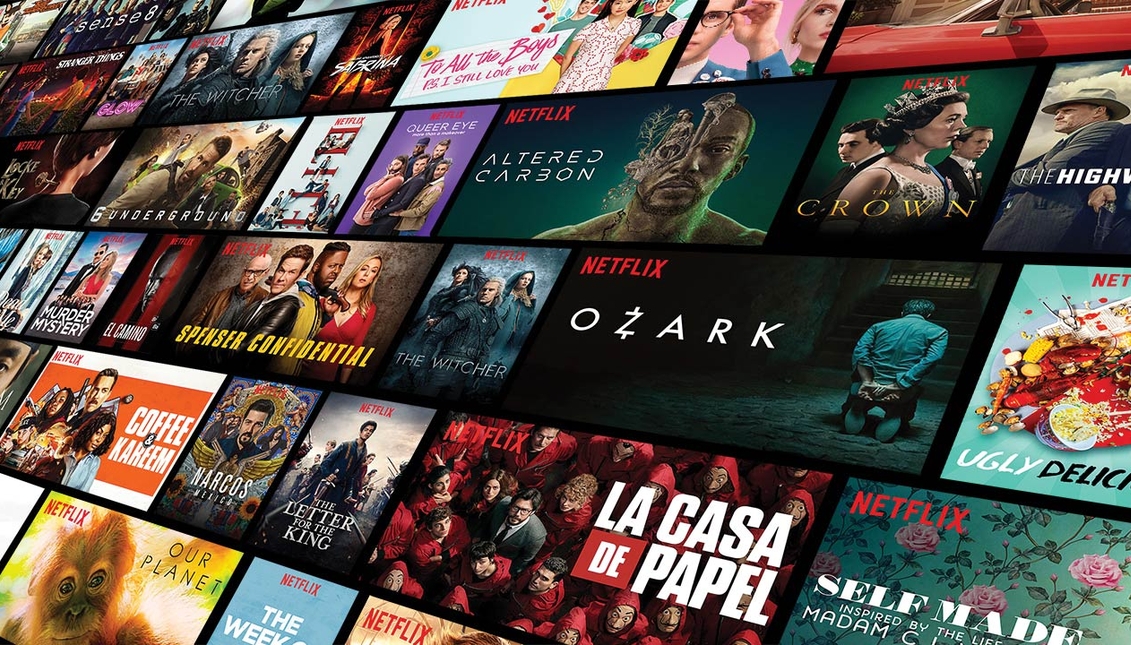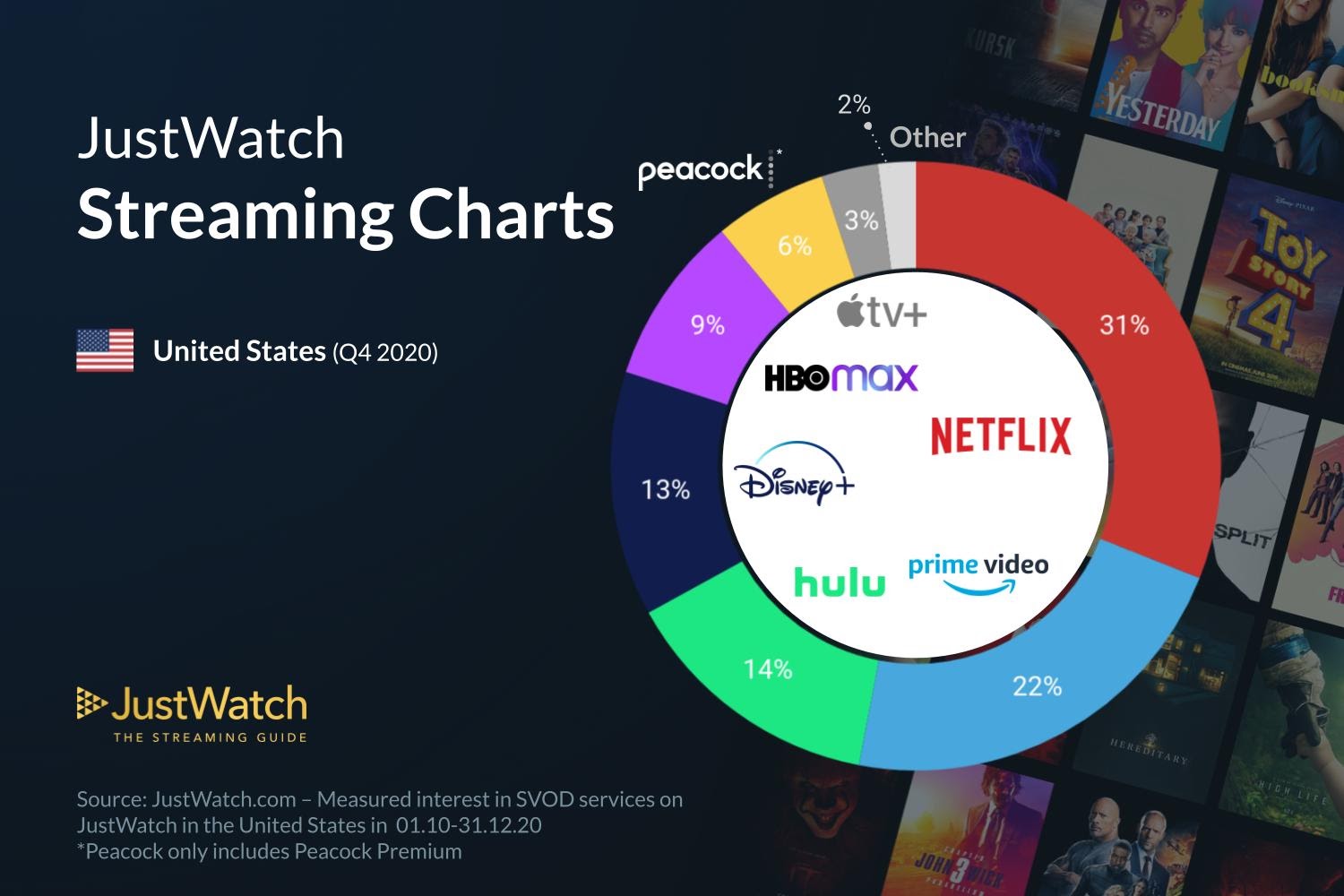
No audit was needed to understand absences on Netflix
The streaming giant published an internal audit that pointed out the absences and lack of diversity of Latinos at all levels, from actors to producers.
The streaming giant Netflix published an internal audit first reported by CNN that pointed out the disproportion and lack of diversity of the company itself, including that of Latinos.
The research was conducted by USC's Annenberg Inclusion team based on 126 of the company's own films and 180 series from January 2018 to the end of 2019.
While it is true that the aforementioned trend has changed a lot in the last two years and there are quite a few releases now designed for Mexican audiences, it is also equally true that the news cannot help but feel like an advertisement or publicity.
The trap is two-fold. On the one hand, to establish a canon for the narrative based on a correlation between demographics and fictional characters — a practically platonic objective because while Latinos represent 18% of the U.S. population, they represent less than 4.5% of the actors, most of them in supporting roles.
But the numbers of Latinos in other positions in the network are even lower among screenwriters, directors and producers.
It is a rat race to fight for more fictional characters as long as the real positions that emanate power and cultural capital doesn't change. It's a paradoxical uroboros of advertising struggle for representation to, perhaps, look like the most diverse channel at a time when streaming platforms are struggling to expand their markets.
On the other side, the so-called electronic colonialism intervenes and they can't avoid it.
RELATED CONTENT
Its new technique based on the purchase of successful products from some of the Latin countries to broadcast them from its platform, even though it increases visibility, it also slowly kills the independent financial structure of the countries it conquers.
In percentages, it can be seen that they do reach the self-imposed demographic-fictional correlation with the African-American population that represents 22.7% of its cast against a population of 13%. This is also the case with Asians, who represent 6% of the citizens and 7% of the cast. In the case of women, the same figures are established at around 52%.
It is extremely positive that they are now fighting for both Latino and LGTBQ+ inclusion but it does not take away the fact that these types of studies work as advertising in times of expansion and they work as a screen for deeper structural problems that will not be fixed with more actors and has to do with the new scenario left by on-demand television.

While Netflix continues to triumph in the so-called streaming platform wars, the news is warned that it has not given enough green light to Latino-led programs and in general suffers from a lack of Latino executive leadership that is more than evident and for which audits were not necessary.










LEAVE A COMMENT:
Join the discussion! Leave a comment.